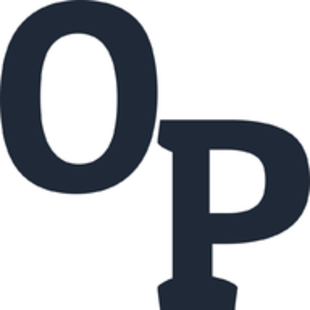Victor Hugo by Étienne Carjat
In 1876, Victor Hugo, one of France’s most celebrated writers and thinkers, was nearing the end of his life but was still very active in both his literary and political endeavors. Born in 1802, Hugo had already achieved immense fame for his novels *Les Misérables* and *The Hunchback of Notre-Dame*, as well as for his poetry and plays. By 1876, Hugo was no longer the young, revolutionary writer he had once been, but rather a distinguished elder statesman in the world of French literature and politics.
In the early part of his career, Hugo had been a strong advocate for social change, freedom, and justice, and his works often dealt with themes of human suffering, inequality, and the fight for liberty. His political views had evolved over the years, and by 1876, he was a staunch Republican, having spent many years in political exile after opposing Napoleon III's regime. He had returned to France after the fall of Napoleon III in 1870 and was actively involved in the political debates of the time.
Hugo’s influence was immense in the intellectual and political spheres, and he was an outspoken critic of the conservative forces that sought to limit the rights of the French people. In 1876, he was serving as a member of the French National Assembly, where he continued to advocate for republican ideals, universal suffrage, and social reforms. His commitment to the Republic was unwavering, and he frequently used his public platform to express his support for the rights of the working class and his opposition to injustice and inequality.
At the same time, Hugo remained deeply immersed in his writing. In 1876, he published *L’Art d’être grand-père*, a collection of poems that reflected his thoughts on aging, family, and the passage of time. Though he was in his seventies, his creativity and intellectual vigor were still very much intact, and his influence on French literature and culture remained profound.
Victor Hugo passed away in 1885, but by 1876, he had already secured his legacy as one of the most important figures in French literature and a key voice in the political and social movements of the time. His work continues to resonate today, with *Les Misérables* and *The Hunchback of Notre-Dame* remaining some of the most beloved and frequently read novels in the world.
In the early part of his career, Hugo had been a strong advocate for social change, freedom, and justice, and his works often dealt with themes of human suffering, inequality, and the fight for liberty. His political views had evolved over the years, and by 1876, he was a staunch Republican, having spent many years in political exile after opposing Napoleon III's regime. He had returned to France after the fall of Napoleon III in 1870 and was actively involved in the political debates of the time.
Hugo’s influence was immense in the intellectual and political spheres, and he was an outspoken critic of the conservative forces that sought to limit the rights of the French people. In 1876, he was serving as a member of the French National Assembly, where he continued to advocate for republican ideals, universal suffrage, and social reforms. His commitment to the Republic was unwavering, and he frequently used his public platform to express his support for the rights of the working class and his opposition to injustice and inequality.
At the same time, Hugo remained deeply immersed in his writing. In 1876, he published *L’Art d’être grand-père*, a collection of poems that reflected his thoughts on aging, family, and the passage of time. Though he was in his seventies, his creativity and intellectual vigor were still very much intact, and his influence on French literature and culture remained profound.
Victor Hugo passed away in 1885, but by 1876, he had already secured his legacy as one of the most important figures in French literature and a key voice in the political and social movements of the time. His work continues to resonate today, with *Les Misérables* and *The Hunchback of Notre-Dame* remaining some of the most beloved and frequently read novels in the world.
Adulto
Ropa
Abrigo
Rostro
Dedo
Mano
Cabeza
Masculino
Hombre
Persona
Fotografía
Retrato
tags.Body Part
Envíado por OldPik el 7 de enero de 2024
Image

Debes iniciar sesión para comentar las fotos.
Iniciar sesión
Iniciar sesión














Sin comentarios aún, sé el primero en comentar...